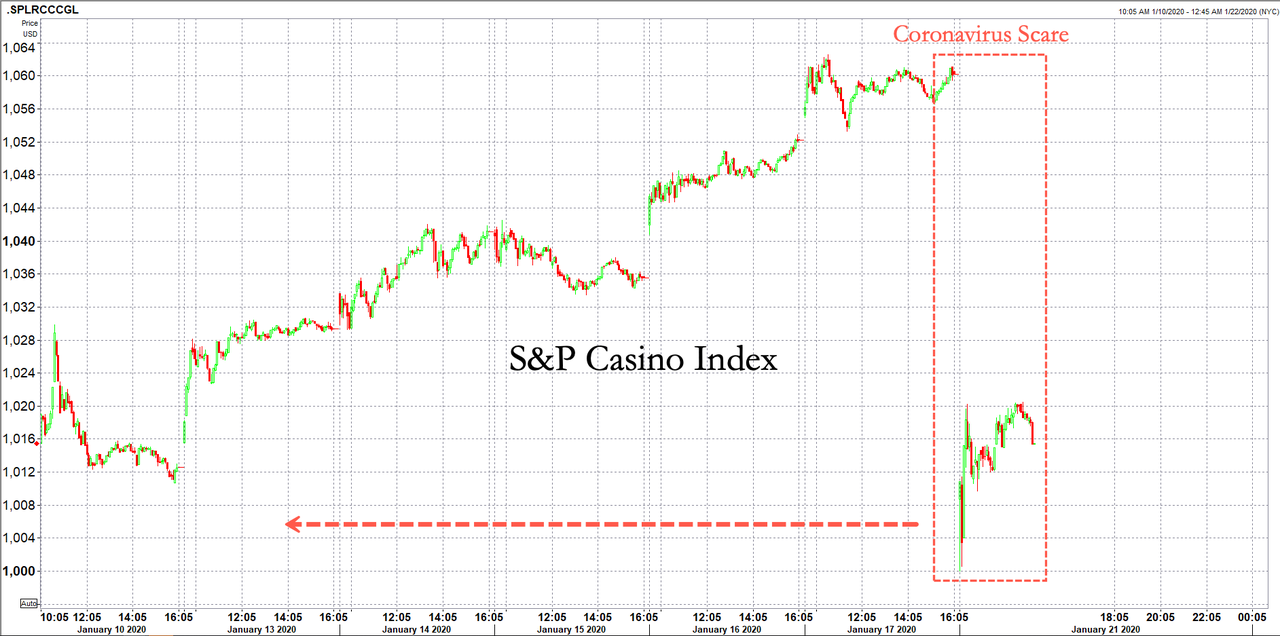‘Russian Spies’ Posed As Plumbers To Bug Elite Davos Attendees: Swiss Police
We described previously how organizers of the 50th World Economic Forum in Davos have beefed up security, including extra vehicle checks and ‘webcam shutdowns,’ while the Swiss national authorities have restricted the airspace above the event — and further up to 5,000 troops and even fighter jets and radar have been utilized as part of a $9 million budget just for the extra security. This as Zurich regional police have designated 130 attendees of the attendees “protected under international law” which are among 3,000 other VIPs — most of which are richest people on the planet. Despite hundreds of climate protesters descending on the picturesque town in the Swiss Alps, was the “real threat” Russian agents all along?
Timed for the World Economic Forum’s opening day, Swiss police have revealed an alleged Russian spy and infiltration plot, per a breaking report:
Five months before world leaders began their pilgrimage to the annual World Economic Forum this week — among them US president Donald Trump — Swiss police interrupted what reports on Tuesday claimed were the beginnings of a Russian spying operation in the secluded Alpine town.
Alerted to their unusually long stay in the high-end resort, police picked up two Russian men in Davos in August, the Graubünden cantonal police department confirmed to the Financial Times.
Adding to the strangeness of the story, the two Russians who apparently overstayed their welcome in the town were posing as plumbers. Authorities believe that’s how they planned to access facilities and rooms where world leaders and global elites would discuss sensitive policies and planning. President Trump is in attendance, and on the opening day gave a public speech to attendees emphasizing his “America First” approach to global crises.
Zürich’s Tages-Anzeiger newspaper first broke the story, after Swiss police concluded the men were part of a Kremlin covert effort to wiretap conversations at the high security and notoriously secretive elite event. Russia slammed the accusations as “one more attempt to undermine Swiss-Russian relations,” according to a statement issued by the Russian Embassy in Switzerland.

Though the initial newspaper report underscored that no specific criminal acts were uncovered, their lengthy stay and Russian passports evoked suspicion by police.
Crucially, when questioned the pair claimed diplomatic protections, despite not being registered in the country as official diplomats — a normative requirement and procedure, according to local police statements.
Russian embassy officials acknowledged that two Russian nationals were briefly held and questioned by police, but that no criminal wrongdoing was found.
Recently, two alleged Russian spies were expelled from The Hague in The Netherlands after they were suspected of hacking into a Swiss laboratory. The Hague and other European cities like Brussels which host major international and Western institutions and alliances like NATO and the World Court, have lately been described in international reports as becoming a hub for international spies gathering information for their governments.
In Davos this week, apart from the millions in overall event security being spent by the Swiss, the elite attendees are expected to spend tens of millions on their own personal security.
For example encrypting the US president’s personal communications alone is expected to run $266,000 for a mere two days, according to figures cited in FT.
Tyler Durden
Tue, 01/21/2020 – 14:10
via ZeroHedge News https://ift.tt/2GnBk0d Tyler Durden
